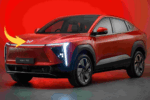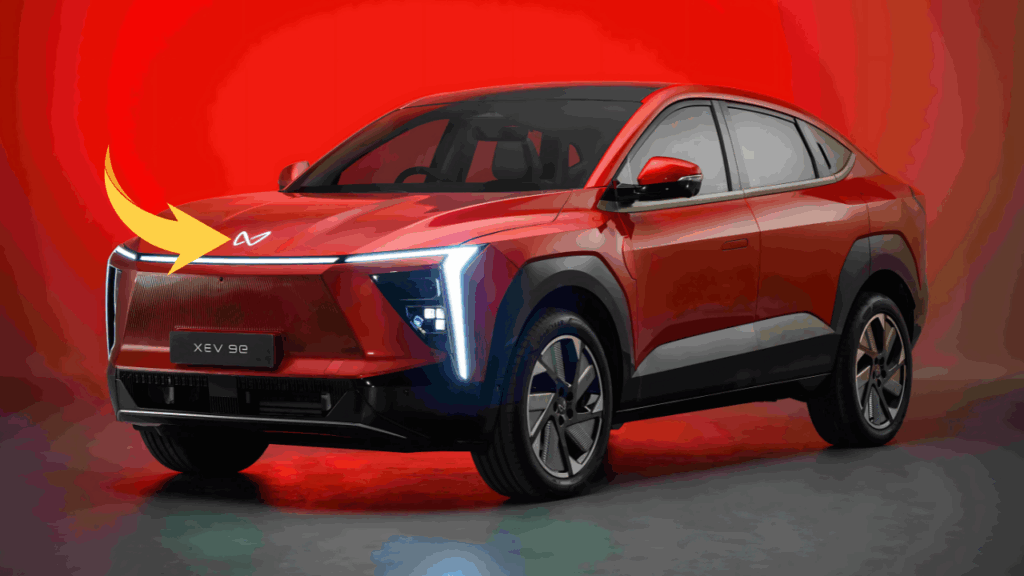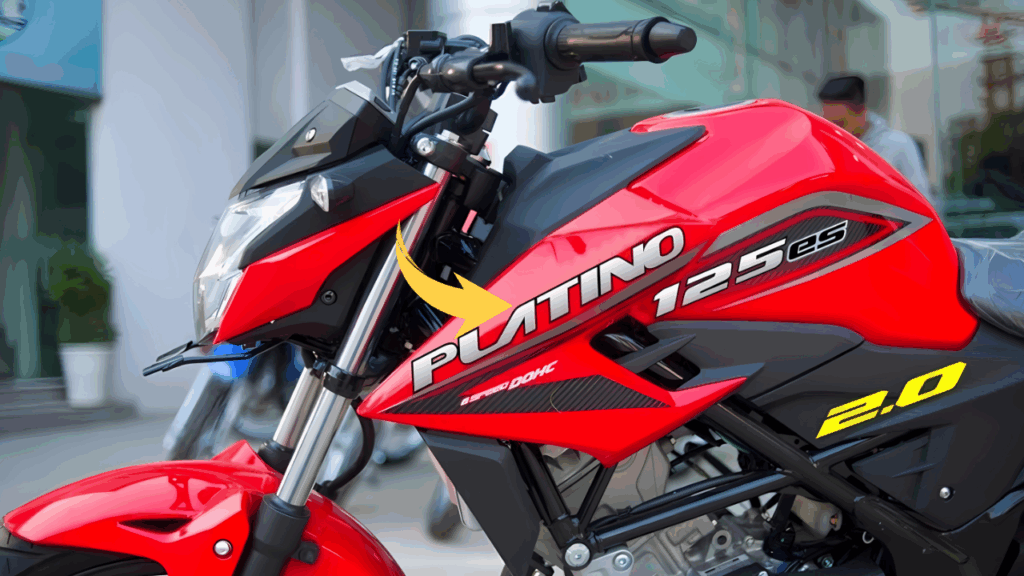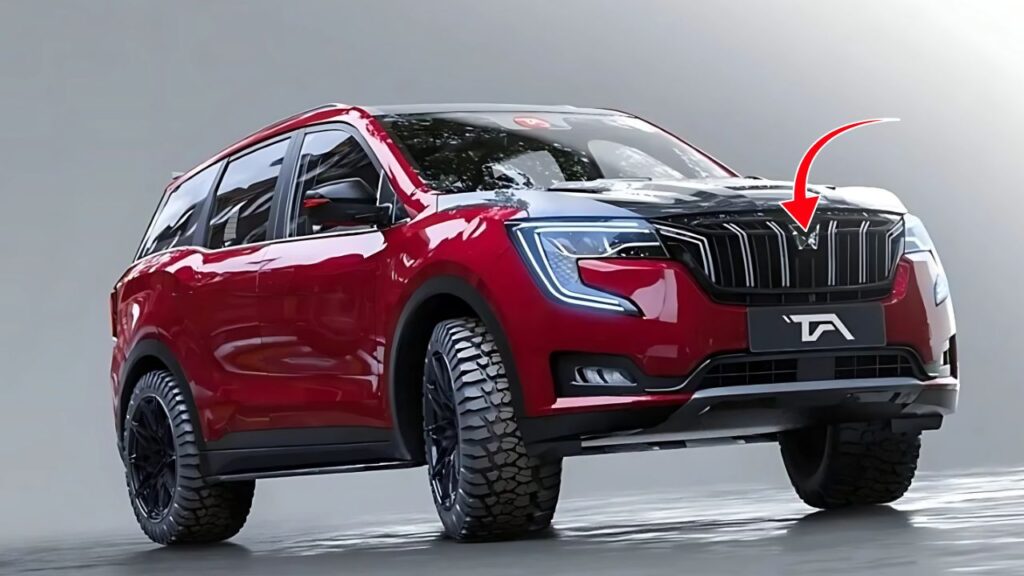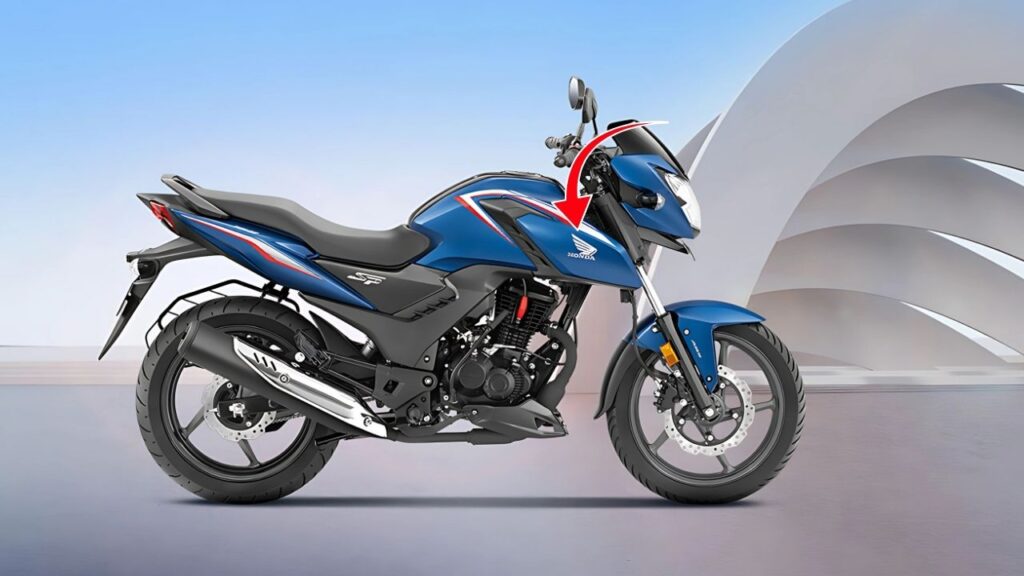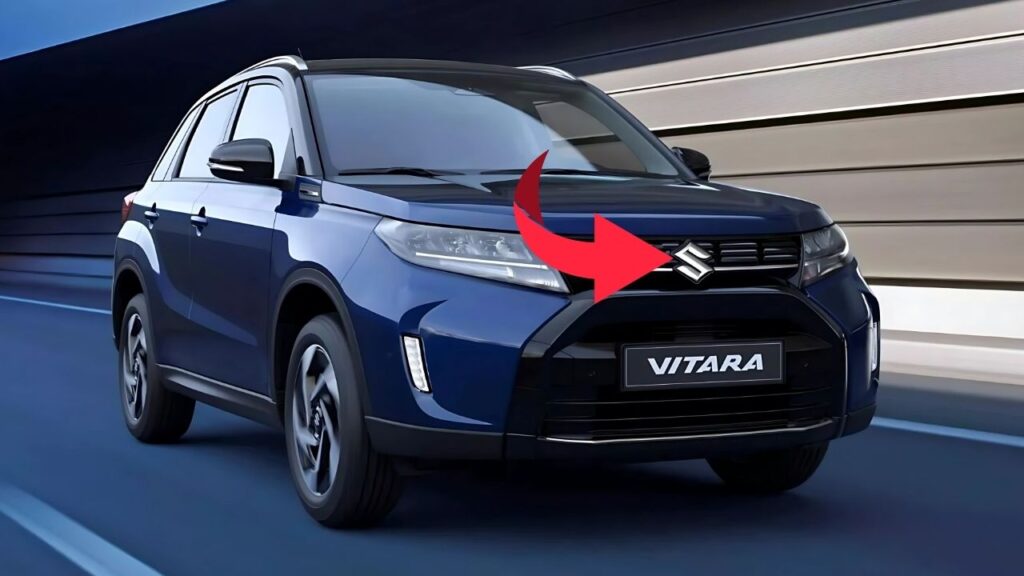In a groundbreaking move that’s set to revolutionize India’s electric vehicle landscape, Maruti Suzuki has officially launched the Alto 800 Electric at a disruptive price point of just Rs 4,00,000. This strategic pricing positions the Alto 800 Electric as potentially the most affordable electric car in the Indian market, significantly undercutting competitors and making electric mobility accessible to the country’s vast middle-class population.
Table of Contents
A Game-Changing Price Point
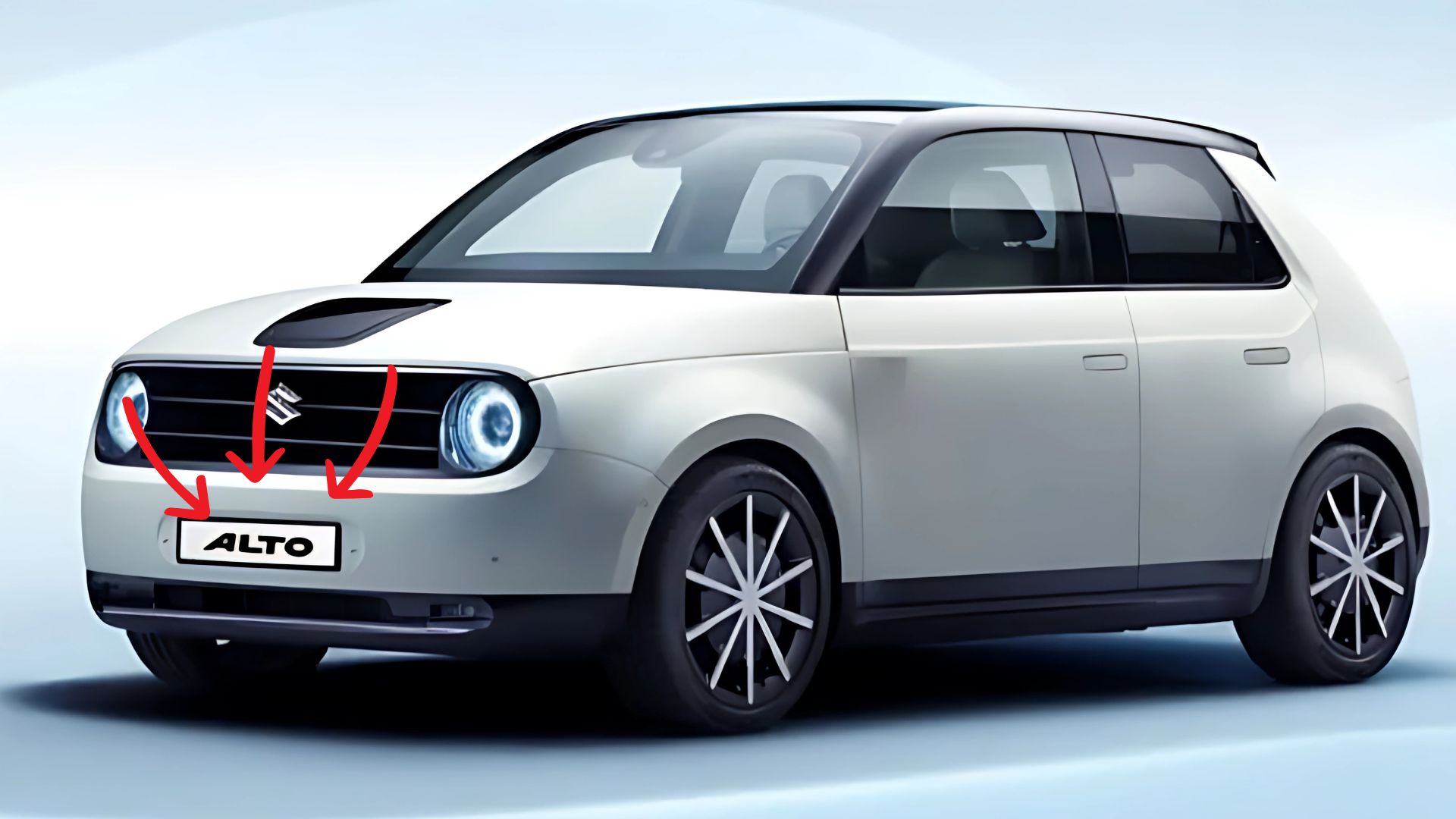
The Rs 4,00,000 price tag makes the Alto 800 Electric approximately only 20-25% more expensive than its petrol counterpart, an unprecedented achievement in the electric vehicle segment where EV variants typically command premiums of 40-60% over their internal combustion engine equivalents. This pricing breakthrough comes at a crucial time when rising fuel costs and increasing environmental awareness are pushing consumers toward electric options, yet high acquisition costs have remained a significant barrier.
“With the Alto 800 Electric, we’re democratizing electric mobility in India,” said a company spokesperson at the launch event in Delhi. “Our vision has always been to provide affordable transportation solutions to Indian families. The Alto has been the cornerstone of that vision for decades, and today we’re carrying that legacy forward into the electric era.”
Industry analysts believe that this aggressive pricing has been achieved through a combination of factors, including localized manufacturing, strategic battery sourcing partnerships, and government incentives under the FAME II scheme and various state-level EV policies. The central government’s PLI (Production Linked Incentive) scheme for advanced chemistry cell battery production has likely played a significant role in reducing battery costs, which typically account for 30-40% of an electric vehicle’s price.
Technical Specifications and Range
The Alto 800 Electric comes equipped with a 15 kWh lithium-ion battery pack that delivers a certified range of 150 kilometers on a single charge under standard testing conditions. While this range is modest compared to premium electric vehicles, Maruti Suzuki’s market research indicated that it comfortably exceeds the daily driving requirements of the target customer segment, which typically covers 30-40 kilometers daily.
The vehicle is powered by a 25 kW electric motor that produces 60 Nm of torque, providing adequate performance for city driving conditions. The compact dimensions of the Alto 800 Electric remain largely unchanged from its petrol counterpart, making it ideal for navigating congested urban environments. However, clever packaging of the battery pack under the floor has actually increased interior space marginally, a welcome improvement for a vehicle in this segment.
Maruti Suzuki engineers have optimized the vehicle’s performance for city use, with a top speed of 80 km/h and acceleration that’s surprisingly brisk at lower speeds – a characteristic advantage of electric drivetrains. The drive modes include Eco, City, and Sport, allowing users to prioritize range or performance based on their needs.
Fast Charging Capability – A First in the Segment
Perhaps the most impressive technical feature of the Alto 800 Electric is its fast-charging capability – a first for an electric vehicle in this price segment. The vehicle supports DC fast charging (15 kW) that can replenish the battery from 20% to 80% in approximately 40 minutes. This addresses one of the primary concerns potential EV buyers have – charging time and infrastructure availability.
For regular charging, the vehicle comes with a standard 3.3 kW AC charger that can fully charge the battery in approximately 5 hours from a regular 15-amp household socket. Each vehicle also comes with a portable charging cable that can be used with standard 5-amp sockets in emergency situations, though charging times increase substantially with this method.
“The inclusion of fast charging capability in such an affordable electric vehicle is a significant engineering achievement,” noted an automotive technology expert from the International Center for Automotive Technology (ICAT). “Typically, this feature is reserved for premium electric vehicles costing three to four times as much.”
Features and Equipment
Despite its affordable price tag, the Alto 800 Electric doesn’t skimp on essential features. The base variant comes equipped with power windows, central locking, a digital instrument cluster with specific EV information displays, and a basic infotainment system with Bluetooth connectivity. Higher variants add a 7-inch touchscreen with smartphone integration, rear parking sensors, and a reverse camera.
Safety features include dual airbags, ABS with EBD, and ISOFIX child seat anchors as standard across all variants. The battery pack has been engineered with a comprehensive thermal management system and comes with IP67 waterproofing and dustproofing certification, addressing concerns about battery safety that potential buyers might have.
The vehicle’s interior has been redesigned to incorporate EV-specific elements, including a new gear selector, regenerative braking controls, and a redesigned instrument cluster that provides information about range, battery status, and energy consumption. Despite these changes, the interior retains the familiar, user-friendly layout that Alto users have appreciated over the years.
Warranty and After-Sales Support
Understanding that battery longevity concerns might deter potential buyers, Maruti Suzuki has introduced an industry-leading 8-year/1,60,000 km warranty on the battery pack and motor, significantly exceeding the standard vehicle warranty. Additionally, the company is offering a 3-year/1,00,000 km warranty on the vehicle itself, with the option to extend this further.
The company has also invested heavily in technician training and service center upgrades to handle electric vehicles safely and efficiently. More than 3,000 service points across the country have been upgraded to service the Alto 800 Electric, ensuring that customers have access to qualified service regardless of their location.
“Our extensive service network has always been one of our key differentiators,” explained a senior executive from Maruti Suzuki’s service division. “We’ve ensured that this advantage extends to our electric vehicle offerings as well. Every authorized service center has been equipped with the necessary tools, diagnostic equipment, and trained personnel to handle the Alto 800 Electric.”
Manufacturing and Localization
The Alto 800 Electric is being manufactured at Maruti Suzuki’s Gujarat facility, which has been upgraded to handle electric vehicle production. The company claims a localization level of over 70% for the vehicle, excluding the battery cells which are currently being imported but assembled into packs locally.
In line with the government’s push for self-reliance in critical technologies, Maruti Suzuki has announced plans to increase the localization level to 90% within the next three years, including local cell manufacturing through partnerships with domestic and international players setting up facilities in India.
This focus on localization not only helps keep costs down but also creates jobs and technical expertise within the country, contributing to the broader goal of establishing India as a manufacturing hub for electric vehicles and components.
Charging Infrastructure and Partnerships
Recognizing that charging infrastructure remains a significant concern for potential EV buyers, Maruti Suzuki has forged partnerships with major charging infrastructure providers including Tata Power, EESL, and Fortum to establish a network of charging stations across major cities. Additionally, the company has collaborated with residential apartment associations and corporate campuses to install chargers at residential and workplace parking spots.
For the first 1,000 customers, Maruti Suzuki is offering a complimentary home charging installation, including a subsidized electrical connection upgrade where necessary. This initiative aims to address the “chicken and egg” problem that has hindered EV adoption – consumers hesitate to buy EVs without adequate charging infrastructure, while businesses hesitate to invest in charging infrastructure without sufficient EV users.
The company has also launched a mobile app that allows users to locate the nearest charging station, check its availability in real-time, and pay for charging sessions seamlessly. The app also provides trip planning assistance, considering the vehicle’s range and available charging points along the route.
Market Positioning and Target Audience
The Alto brand has traditionally appealed to first-time car buyers, small families, and those seeking an affordable second car for urban commuting. With the Electric variant, Maruti Suzuki is targeting environmentally conscious urban consumers who are open to embracing electric mobility but have been deterred by the high entry costs.
The company also sees significant potential in the commercial segment, particularly for last-mile delivery services that operate within defined geographical areas. The operating economics of the Alto 800 Electric are compelling for such users – the cost per kilometer is approximately Rs 1, compared to Rs 5-6 for petrol vehicles, leading to substantial savings over the vehicle’s lifetime despite the higher initial investment.
Early adopters are likely to include tech-savvy young professionals, environmentally conscious families, and businesses looking to reduce their carbon footprint and operating costs simultaneously. The company is also exploring subscription and leasing models to further reduce the entry barrier.
Environmental Impact and Sustainability Initiatives
Beyond the obvious environmental benefits of zero tailpipe emissions, Maruti Suzuki has implemented several sustainability initiatives around the Alto 800 Electric. The company has established a battery recycling program in partnership with specialized recycling companies to ensure that end-of-life batteries are disposed of responsibly.
The manufacturing facility in Gujarat incorporates renewable energy sources, with a significant portion of the energy required for production coming from solar installations. The company has also minimized the use of environmentally harmful materials in the vehicle’s construction and implemented water conservation measures at its manufacturing facilities.
“An electric vehicle’s environmental credentials extend beyond just the absence of tailpipe emissions,” noted an environmental sustainability expert. “The manufacturing process, energy sources used for charging, and end-of-life treatment all contribute to the overall environmental impact. It’s encouraging to see Maruti Suzuki addressing these aspects comprehensively.”
Competitive Landscape and Market Impact
The launch of the Alto 800 Electric at this price point is expected to disrupt the entry-level electric vehicle market in India. Currently, the most affordable electric car in India is priced at around Rs 8.5-9 lakh, making the Alto 800 Electric less than half the price of its nearest competitor.
This aggressive pricing is likely to prompt other manufacturers to reconsider their electric vehicle strategies for the Indian market, potentially accelerating the introduction of more affordable electric options. Industry experts believe that this could be the catalyst that the Indian electric vehicle market has been waiting for, potentially triggering mass adoption.
The timing of the launch also coincides with increasing government push toward electric mobility, including the recently announced electric vehicle policy that aims to increase the share of electric vehicles in new vehicle sales to 30% for private cars by 2030.
Challenges and Limitations
Despite its breakthrough pricing and features, the Alto 800 Electric does face certain challenges and limitations. The 150 km range, while adequate for urban use, may not be sufficient for intercity travel, potentially limiting its appeal to households that own only one vehicle.
The charging infrastructure, despite Maruti Suzuki’s efforts and partnerships, remains a work in progress, particularly in smaller cities and towns. The company acknowledges this limitation and positions the vehicle primarily for urban users with access to home or workplace charging facilities.
There are also questions about battery degradation in Indian conditions, where extreme temperatures are common in many regions. While the warranty provides some reassurance, real-world data on battery performance and longevity will only emerge over time as the vehicles accumulate mileage.
Future Roadmap and Expansion Plans
Maruti Suzuki has indicated that the Alto 800 Electric is just the first step in its electric vehicle strategy for India. The company has outlined plans to introduce a range of electric vehicles across different segments over the next five years, leveraging the platform and technology developed for the Alto 800 Electric.
“The learnings from the Alto 800 Electric will inform our future electric vehicle developments,” shared a member of the product planning team. “We’re building expertise in battery management, electric drivetrains, and thermal management systems that will be crucial for our upcoming models.”
The company has also hinted at potential export opportunities for the Alto 800 Electric to other developing markets with similar usage patterns and infrastructure challenges. This could open up new revenue streams and establish India as an export hub for affordable electric vehicles.
Government Support and Policy Environment
The launch of the Alto 800 Electric comes at a time when both central and state governments are offering substantial incentives for electric vehicle adoption. The FAME II scheme provides direct subsidies to electric vehicle buyers, while various state EV policies offer additional benefits such as road tax exemptions, registration fee waivers, and subsidized electricity rates for EV charging.
These policy supports have been crucial in enabling Maruti Suzuki to offer the Alto 800 Electric at this price point. The company has also benefited from incentives under the Production Linked Incentive (PLI) scheme for Advanced Chemistry Cell (ACC) battery storage, which aims to establish domestic manufacturing capabilities for battery cells.
“The policy environment for electric vehicles in India has never been more favorable,” observed a policy analyst specializing in automotive regulations. “The convergence of central and state policies, coupled with global pressure to reduce carbon emissions, has created the perfect conditions for the launch of affordable electric vehicles like the Alto 800 Electric.”
Consumer Feedback and Initial Reception
Early feedback from potential customers who participated in pre-launch test drives has been overwhelmingly positive, particularly regarding the vehicle’s ease of use, smooth acceleration, and silent operation. Many participants expressed surprise at the quality and features available at this price point.
“I was expecting a bare-bones electric vehicle given the price, but the Alto 800 Electric actually feels like a proper car with all the essential features,” commented one test drive participant. “The fact that it costs less than Rs 4 lakh after subsidies makes it an incredibly attractive proposition.”
Dealers report strong initial interest, with pre-booking numbers exceeding expectations in major metropolitan areas. The company has initially launched the vehicle in 20 major cities, with plans to expand availability to 100 cities within the first year of launch.
A Watershed Moment for Indian Electric Mobility
The launch of the Maruti Alto 800 Electric at Rs 4,00,000 represents a watershed moment for electric mobility in India. By bringing electric vehicle technology within reach of the mass market, Maruti Suzuki has potentially unlocked a vast new customer base that was previously priced out of the electric vehicle market.
If successful, this model could establish a blueprint for affordable electric mobility not just in India but in other developing markets with similar economic and infrastructure challenges. The real-world performance and market acceptance of the Alto 800 Electric will be closely watched by industry observers, policymakers, and competing manufacturers alike.
For now, Maruti Suzuki has thrown down the gauntlet, challenging the conventional wisdom that electric vehicles must command a substantial premium over their internal combustion counterparts. The Alto 800 Electric demonstrates that with the right approach to design, engineering, and manufacturing, electric mobility can indeed be made accessible to the masses, potentially accelerating India’s transition toward a more sustainable transportation future.
